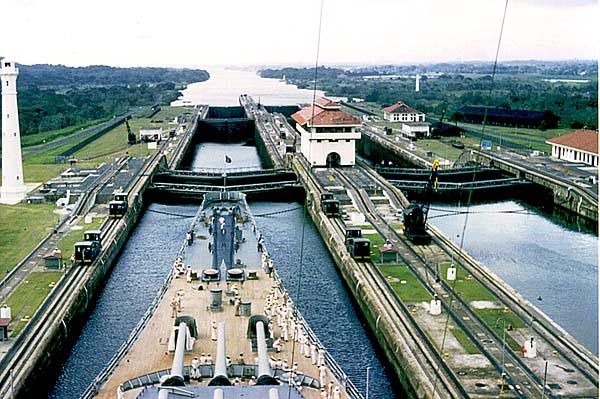Basic Gist
Throughout human history, worldly powers have always searched for ways to expand their influence far and wide while weaker nations desperately try to attain power they feel they cannot survive with out. During our never ending quest for power, a remarkable force appeared known as "Globalization" which essentially states the whole global community is connected and our actions can have resonating effects half-way across the globe. At first, globalization was felt in small isolated pocket around the world but as we crossed the threshold into the 20th century technology advanced to a point where our actions carried a lot more weight. This was extremely prevalent in Latin America, as an untapped market for goods and resource rich, Latin America was the next logical place for powerful nations to expand their influence into. One example of this is the construction of the Panama canal which marked an era of dominance for the United States and propelled Latin America into the spot light. The Panama Canal affected everyone living in Latin America by pumping untold amounts of money into the economy, bringing the attention of first world nations to the region, and tourism. However, negative effects were also present as the environment suffered and an extremely strong military presence entered the region. Being within the United States' sphere of influence has heavily affected Latin America. Evidence of this can be seen in most of South American government and economic structures. Today the effects of globalization have shaped and guided Latin American countries for decades and will continue to be a driving force as they grow.

